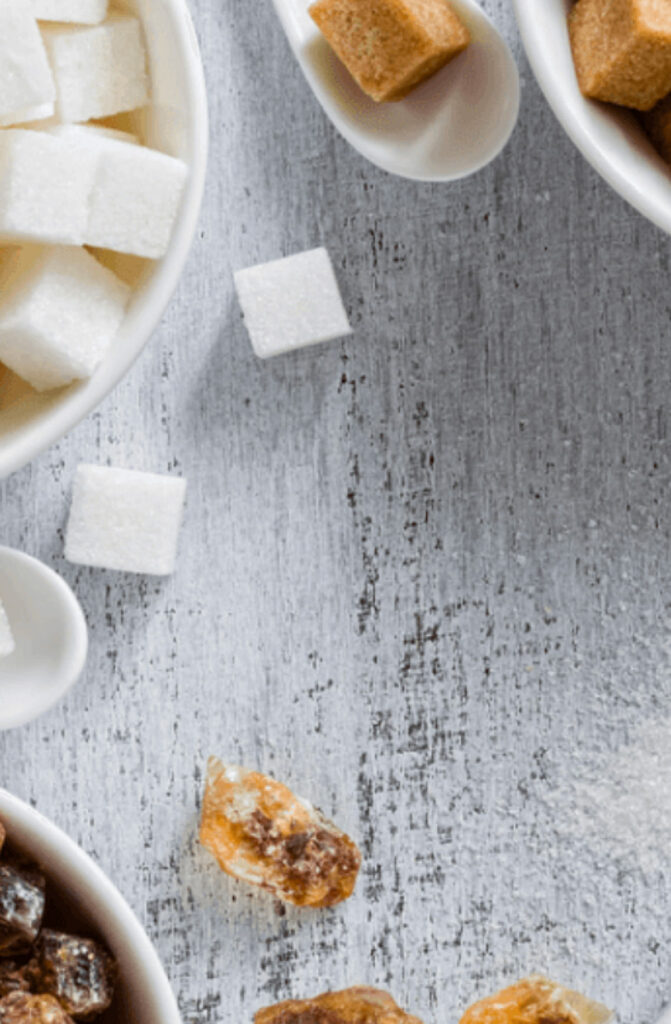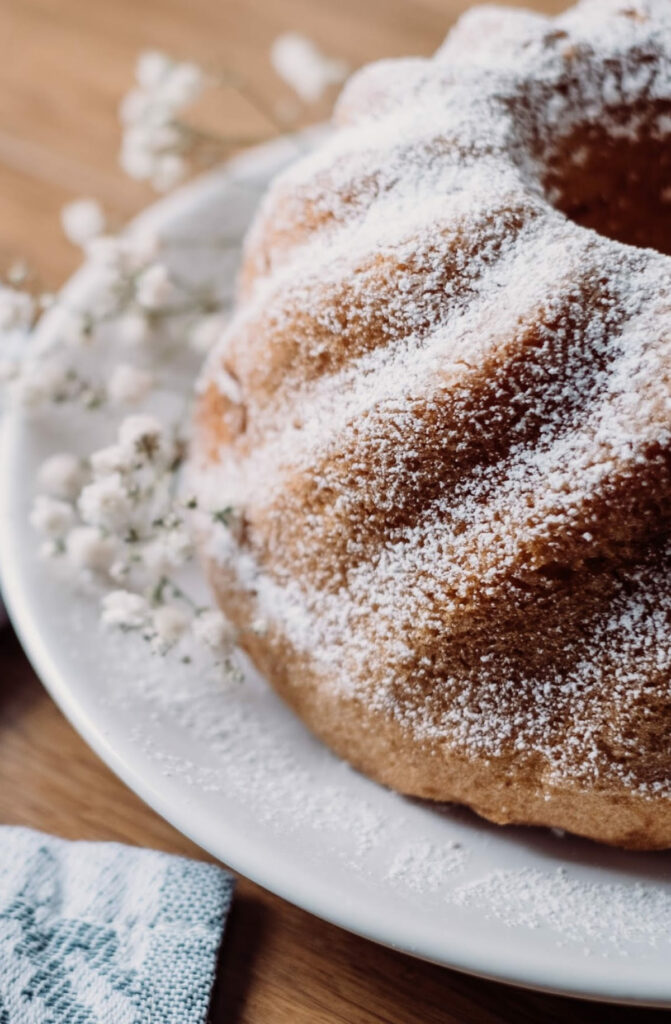Baking is an art that we can all master if we put our hearts into it. Like gourmet cooking, all the ingredients are essential to the final result of the recipes. So if you’ve ever wondered if sugar is essential in your recipes or what does sugar do in baking? You will be surprised to know that in addition to being sweet, it will provide other properties that make your recipes perfect.
How does it work, and what is sugar?
To understand how sugar affects our recipes, we first need to know what it is and why it reacts the way it does. Sugar is a type of sucrose that comes from sugar cane or sugar beets. There are several types, such as traditional white, icing sugar, or special brown sugar for confectionery.

The most significant factors that alter the sugar in a recipe are texture and moisture. This ingredient will help you attract and retain moisture in your recipes to keep them softer and increase their shelf life.
Properties that sugar provides to your recipes
In addition, its absorbent properties can provide end effects such as a crispy crust on pieces of bread and a shine on top of cakes and pastries. You may realize that sugar is a softener and softener, unlike flour or egg, which give dough firmness and hardness.
The most striking characteristic of sugar is that when it begins to dissolve, it absorbs the water inside the dough, delaying gluten formation. This makes the final dough softer, creamier, and firmer, avoiding excessive lumps or the chewy consistency that bothers the palate.
In the same way, sugar is an ideal ingredient to create a perfect structure. When mixed with the butter, it forces the air to enter, making it much softer, creamier, and more moldable. In addition, the friction it makes with the butter particles allows everything to combine appropriately and air bubbles to be seen. These are the ones that help the mixture rise when we take it to the oven. They are essential!
And when it comes to glazes, meringues, or any type of topping for your desserts, sugar will be your best ally. It gives them structure, firmness, and consistency; a good glaze needs a good amount of sugar to keep falling or melting.

We cannot forget the sugar’s stability to form the meringue peaks to the egg whites. It gives them volume thanks to the friction created when beating, and thanks to the structuring, it prevents them from collapsing when at rest.
Finally, if you are still wondering what does sugar do in baking, the most striking thing is the color and caramelization that it gives to your desserts. The sugar caramelizes on contact with heat, creating a crisp, golden coating on the crust of your recipes and providing an exquisite flavor that you cannot miss.
